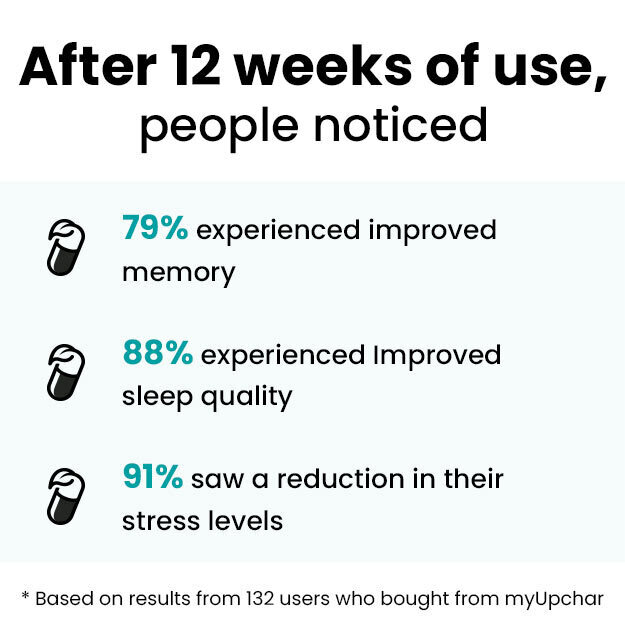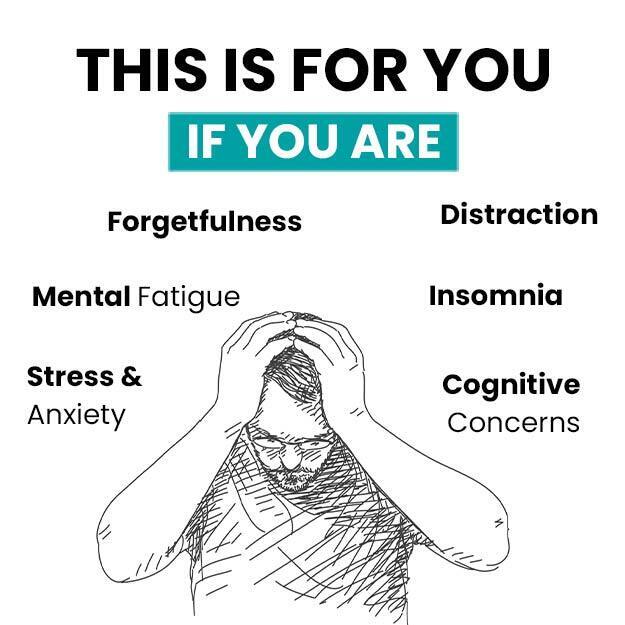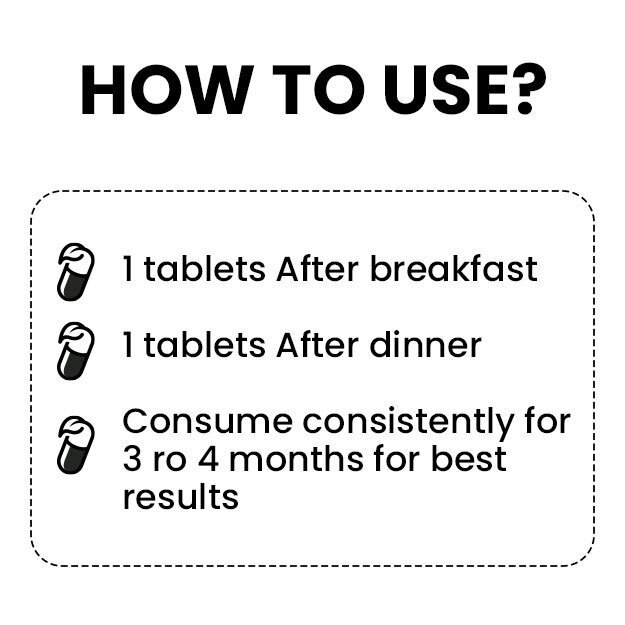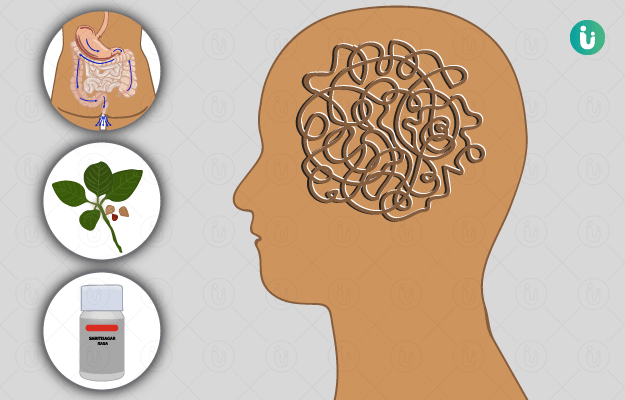Mental fatigue is a state in which our alertness of mind and the ability to perform daily tasks reduces. Mostly mental fatigue happens to people who are continuously involved in some sort of cognitive activity.
A cognitive activity is one which involves mental stamina for processing, acquiring and organising information and then retrieving it from memory for use in other similar situations. Reasoning, thinking and decision-making are all examples of cognitive activity.
That said, mental fatigue can happen to anyone. Many of us feel mentally and emotionally drained a lot of the time. And working continuously in stressful conditions can cause mental fatigue even in the best among us.
The symptoms of mental fatigue are lethargy, pessimistic thoughts, inability to concentrate, inability to sleep and anxiety. Mental exhaustion can occur due to various social, emotional and financial reasons.
Mental fatigue can be managed by talking about your problems with your loved ones or a specialist, by trying to manage and reduce stress, by taking out time for your self, by indulging in various creative activities or through meditation.
- Symptoms of mental fatigue
- Causes of mental fatigue
- Prevention of mental fatigue
- Management tips for mental fatigue
Symptoms of mental fatigue
The symptoms of mental fatigue or exhaustion can be:
- Lethargy
- Lack of motivation
- Lack of concentration
- Negative feelings
- Anxiety
- Insomnia
- Reduced appetite
- Mood swings
- Feeling lonely
- Getting detached from people
- Headaches
Causes of mental fatigue
A person can suffer from mental fatigue due to the following reasons:
- Lack of sleep: Sleeping for less than seven or eight hours per day - sleep deprivation - can reduce your cognitive ability and cause mental fatigue.
- Constant pressure: A person can feel mentally exhausted if they are under constant pressure to make important decisions that can affect various people and things. Also, people who are expected to perform any task with perfection, are under constant pressure which might lead to mental exhaustion.
- Cluttered surrounding: Scattered and cluttered things in a space (either at work or at home) can cause anxiety in a person.
- Procrastination: When we leave today’s work for tomorrow and keep on procrastinating, small jobs pile up to become mammoth challenges. This gives rise to anxiety and fatigue in a longer run.
- Overpromising: When a person promises something or some work which they would not be able to fulfil, it drains them mentally.
- Loss of a loved one: A person can get detached from others after losing a loved one. This can take a toll on their mental health.
Prevention of mental fatigue
There are a few measures which can help in preventing mental fatigue:
- Organize your work. Get rid of all non-essential things that derail you from staying focused and productive.
- Assign a particular time for a job and try not to procrastinate. For instance, do the dishes as soon as you’ve had your meal or make your bed immediately after waking up.
- Try to complete all your repetitive tasks in bulk, to save time and energy. For instance, rather than going to the market every other week, buy your monthly non-perishables like soap, detergent, etc., in one shopping trip.
- Take frequent breaks. Doctors recommend a 45-15 rule: work hard and focus for 45 minutes, then take a 15-minute break to stretch your legs and neck, rest your eyes and give your brain a much-deserved rest from solving complex problems. This will refresh your mind and help you work better and faster.
See Similar Category Medicines Here
Management tips for mental fatigue
You can manage mental fatigue by keeping the following things in mind:
- Talk about it: Talk to your family, friends or a psychiatrist about your insecurities, failures, fears and everything else that makes you feel anxious.
- Meditation: Meditation not only improves focus and memory but also helps the body to cope with stress in a better way.
Meditation doesn't just mean emptying your mind of all thoughts - this is just one of the ways to practise it. If you are new to meditation, try using an app.
You can also start by designating 10 minutes every morning for meditation. Make sure it is at the same time every day. If you can do this at a neighbourhood park, you can also simply start by trying to focus your mind on the natural beauty around you. Or you could try to focus on a sound. Don't take undue stress if your mind wanders. The act of consciously relaxing your mind and body should have a positive outcome shortly. - Self-care: Take out time to pamper yourself. It may sound self-indulgent but it will improve your confidence and help you cope with your anxieties and worries.
- Get rid of the stress factors: Indulge in some creative activities to reduce your stress and mental fatigue. Activities like exploring new places, reading new books, going on short trips, painting or art and crafts can help you divert your mind from the anxiety and pessimistic thoughts.
- White noise: Listen to white noise and lie down for a while. This will help you calm down during an anxiety attack.
Doctors for Mental Fatigue and Exhaustion

Dr. Mamta Shah
Psychiatry
5 Years of Experience

Dr. Zaini Ahmed
Psychiatry
6 Years of Experience

Dr. Sumit Kumar.
Psychiatry
9 Years of Experience


























